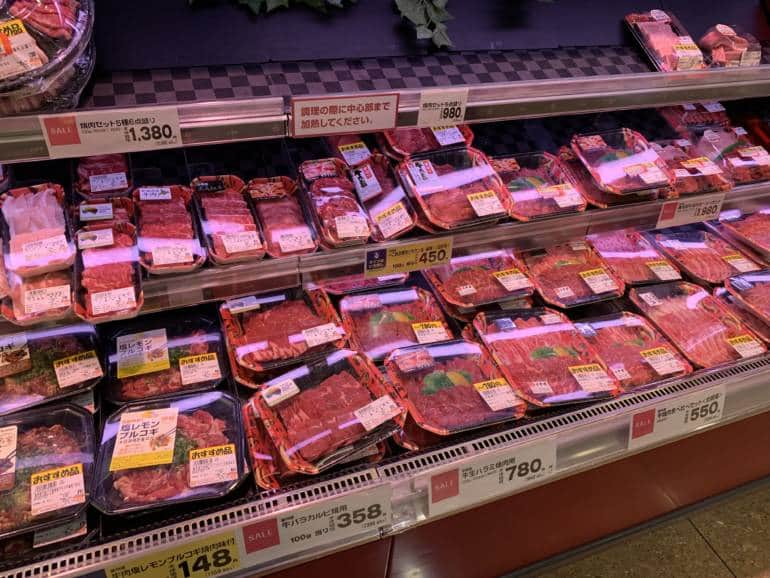Menu
- Daily
- National
DTI Releases Updated 2025 Price Guide for School Supplies Ahead of New School Year
affordable school supplies PH, back-to-school prices Philippines, cheap school supply guide 2025, Cristina Roque DTI update, DTI consumer tips, DTI official school supply prices, DTI price watch June 2025, DTI school supplies price guide 2025, Featured, notebook pad paper pencil price 2025, school opening June Philippines - International
Hotel101 to Develop 10,000 Affordable Rooms in Saudi Arabia Under $2.5B Expansion Deal
affordable hotel chain Saudi Arabia, DoubleDragon hotel project, DoubleDragon Nasdaq listing, Edgar Injap Sia II Hotel101, Featured, global condotel model, Hannah Yulo-Luccini, Hotel101 Horizon Group partnership, Hotel101 Medina Riyadh Jeddah, Hotel101 Saudi Arabia expansion, Vision 2030 tourism Saudi - Editorial
- Next Negosyante
- Crypto News






















Comments are closed for this article!